How to get IPython version?
How to get IPython version?
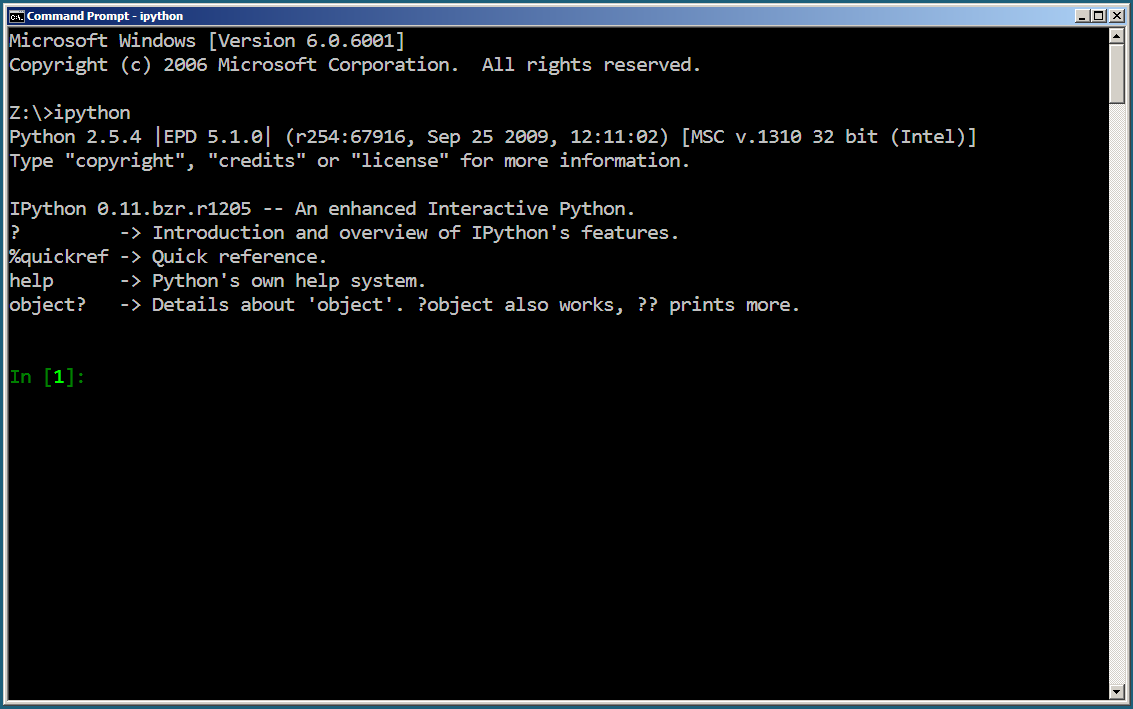
To check the version of IPython, you can use various methods depending on how you are using IPython. Here are a few ways:
In the Command Line or Terminal
If you have installed IPython using pip, you can simply runpip show ipython in your terminal or command prompt. Alternatively, you can use ipython --version to check the version of IPython.
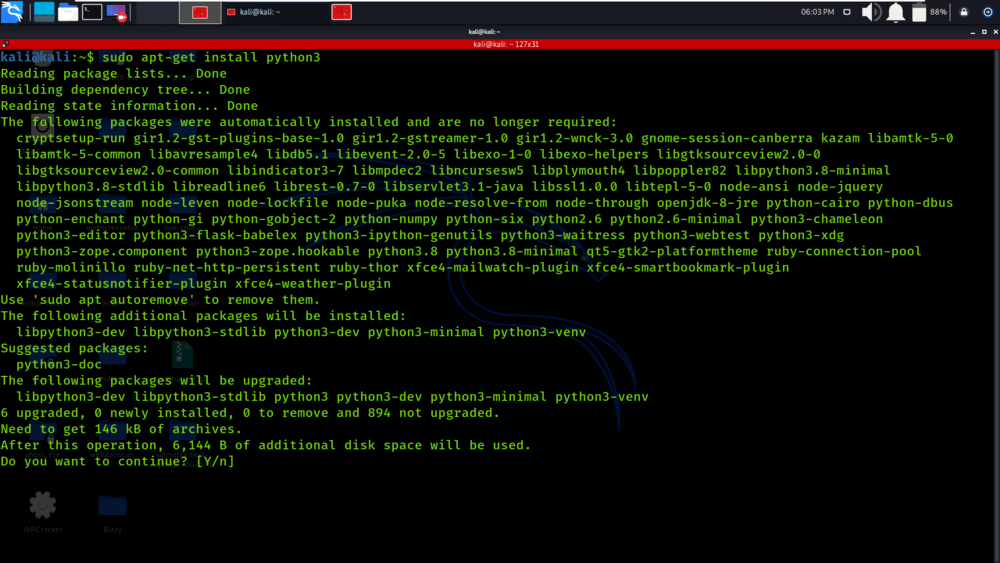
When you run any of these commands, you should see a message indicating the version of IPython installed on your system.
In Jupyter Notebook
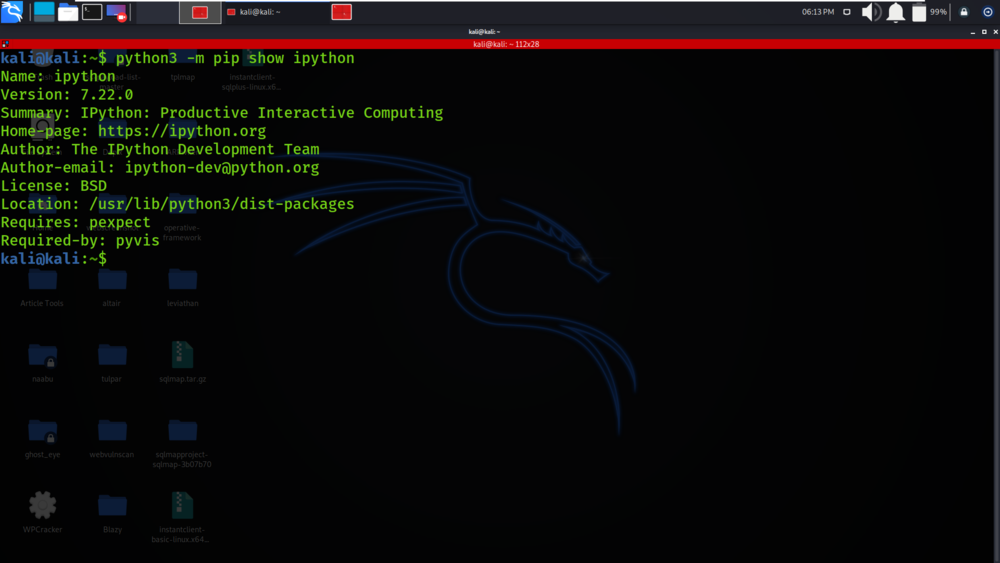
!pip show ipython and run it. This will display information about the package, including its version.
In Python Code
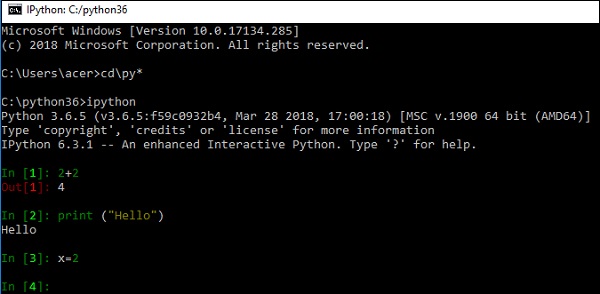
__version__ variable from IPython:
When you run this code, it will print the version of IPython installed on your system.from IPython import __version__print(version)
Using Jupyter Lab
Open Jupyter Lab and start a new shell session. Type!ipython --version to see the version of IPython installed. This is another way to check the version of IPython using Jupyter Lab.
These are just a few ways you can check the version of IPython. Depending on how you are using IPython, one method may be more convenient than others.
As a quick note about what IPython version means: Each version has a specific set of features and bug fixes. You might want to check which version is recommended for your use case, such as if you're trying to reproduce research results or troubleshoot an issue.
What is the difference between IPython and python3?
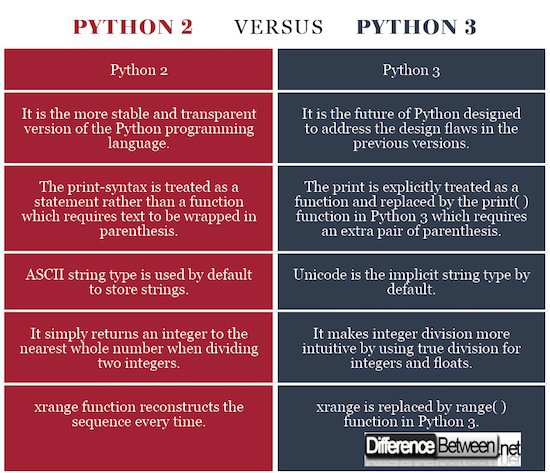
IPython and Python are two different entities that often get confused with each other. Here's a breakdown of what they are and how they differ:
What is Python?
Python is a high-level, interpreted programming language created in the late 1980s by Guido van Rossum. It's known for its simplicity, readability, and ease of use. Python is often used for web development, scientific computing, data analysis, artificial intelligence, and more.
What is IPython?
IPython (Interactive Python) is an enhanced version of the Python shell that provides additional features to make working with code in a more interactive way. It was created by Fernando Perez in 2001. Initially, it was designed as a replacement for the standard Python interpreter, but over time, it has evolved into its own ecosystem.
Key differences:
Purpose: Python is a programming language for creating software, whereas IPython is a tool to interactively work with code, mainly for scientific computing, data analysis, and education.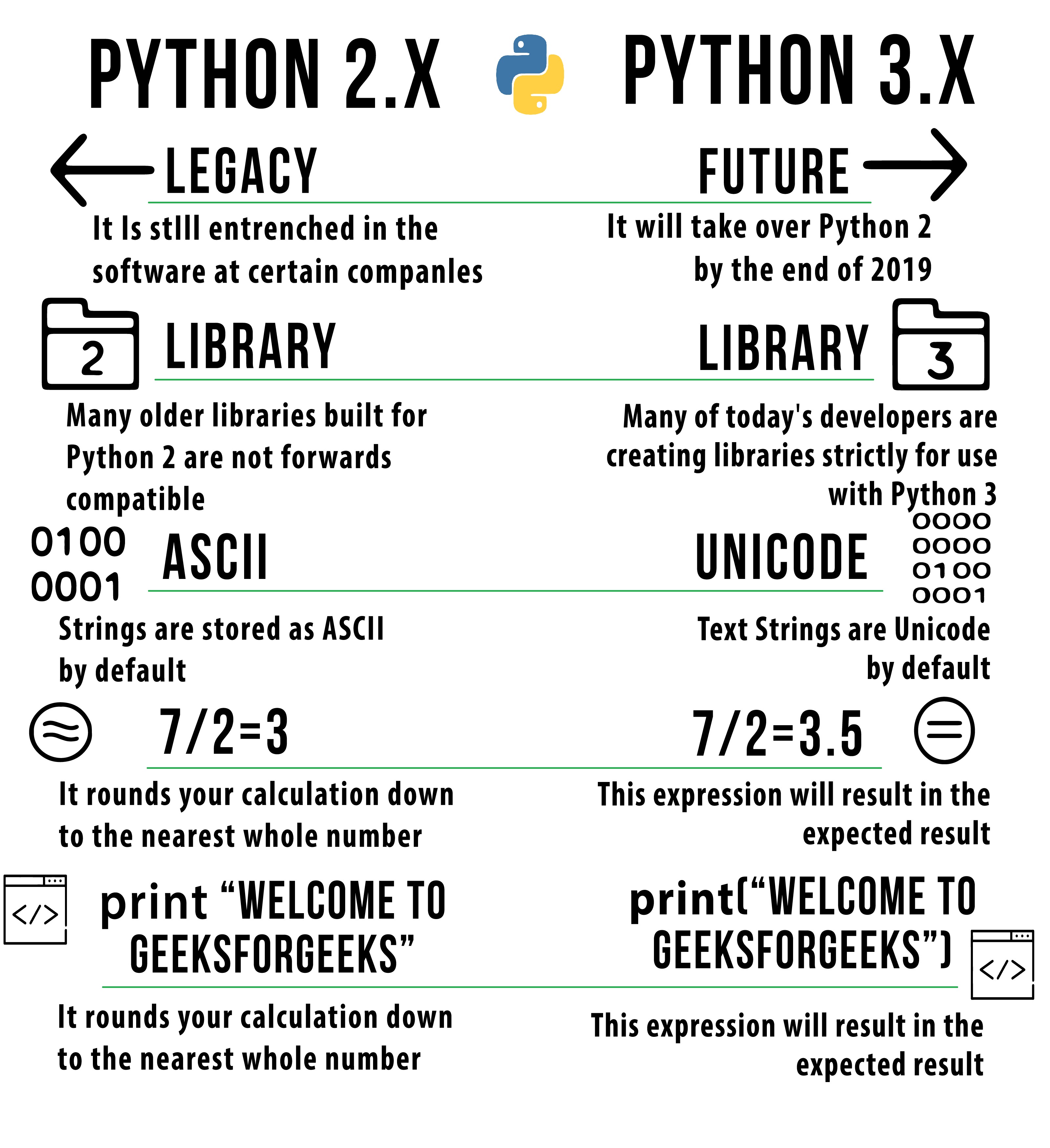
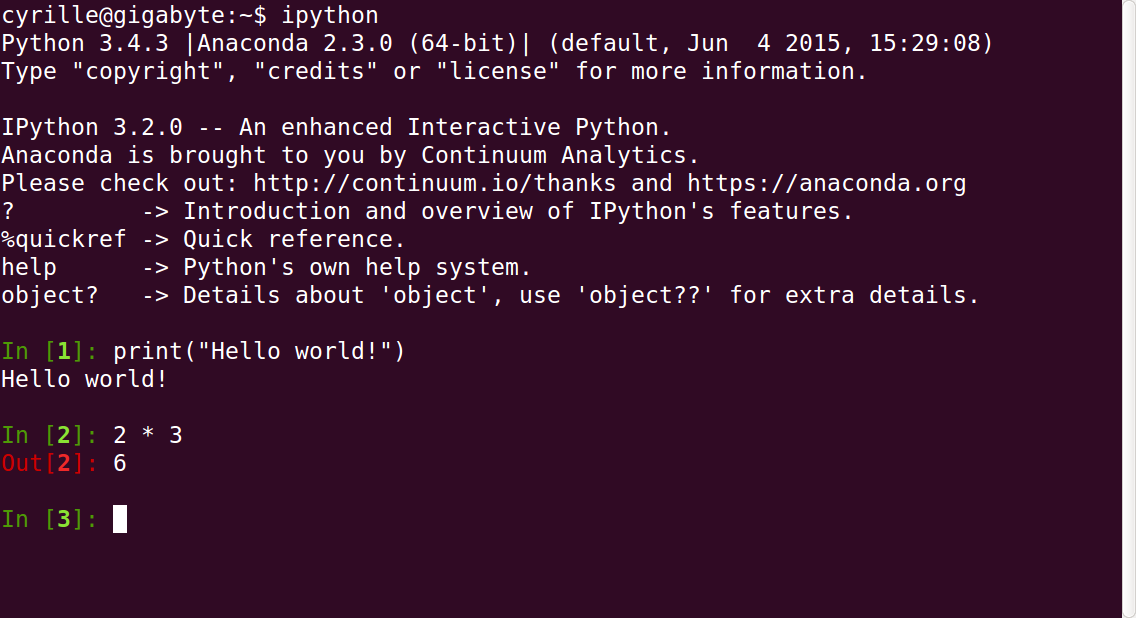
When to use each:
Use Python for creating software, scripts, or applications where code execution speed is critical. Use IPython when you need to: Interactively explore data, perform exploratory analysis, or visualize results. Quickly prototype ideas or test code snippets. Benefit from its enhanced features like syntax highlighting, auto-completion, and history management.In summary, Python is a programming language for building software, while IPython is an interactive shell for working with code in a more dynamic way. Both have their own strengths and weaknesses, and you'll often use them together to achieve your goals.





























